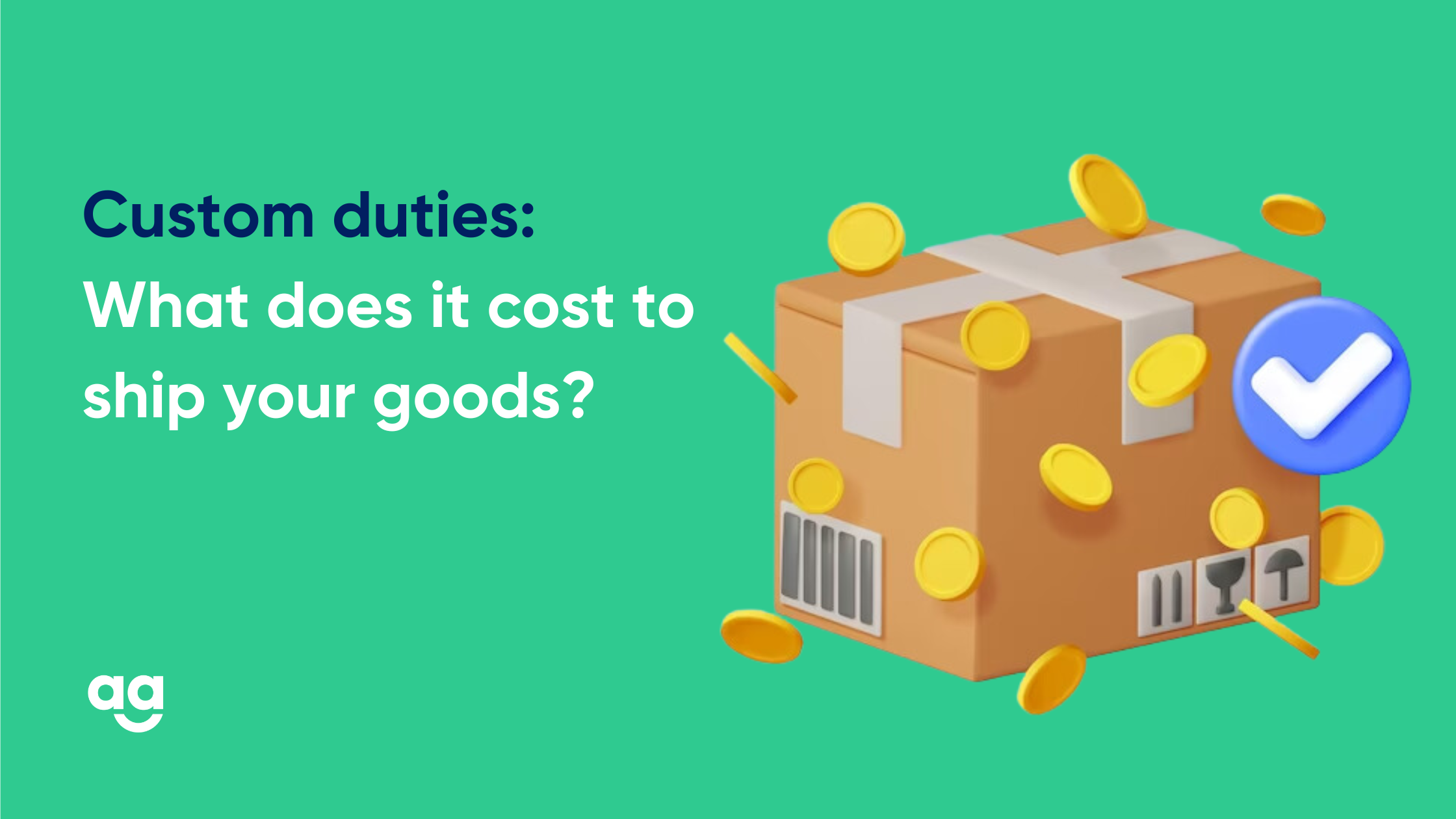Introduction
Custom duty refers to charges on items that are imported or exported. Companies that Import and export must abide by these laws and regulations, and pay the applicable tariffs. In simple terms, customs duty is a fee imposed by authorities for the local and international flow of products and services. An import tax is applied when products are imported, while an export tax is imposed when goods are exported to foreign nations.
Custom Duties in India
The main purpose of customs duties in India is to impose taxes and charge duties on imports and exports. In addition, items are screened by regulatory bodies before being permitted to flow in the country.
CBIC or the Central Board of Indirect tax and Customs, is the governing body over all customs duties in India.
The CBIC sets guidelines for administrative decisions regarding the collection of customs duties, tax evasion, prevention of smuggling and customs clearance procedures, as import and export of goods have to be done under the strict surveillance of the government.
It’s function? Acting as a regulatory firewall between India and other countries, developing detailed laws and regulations for the effective implementation of customs charges and taxes, avoiding fraud, theft and smuggling.
To effectively implement various customs charges, they have been classified into regular, additional, true countervailing, protection, education and anti-dumping duties. All imported items are subject to IGST at rates ranging from 5% to 12%, 18% to 28%.
Types of Customs Duty
How is Custom duty calculated?
Custom Duties are calculated based on the value of the good. This value is determined according to the Customs Valuation (Determining the Value of Imported Goods) Regulations 2007.
In some cases, custom duty cannot be calculated on the value of the good due to the following reason:
- There is no quantifiable data regarding the valuation factor.
- The valuation conditions are not applicable.
- There are certain doubts related to the accuracy/correctness of the value of any goods.
As per rule 12 of Custom valuation rules, 2007, such goods will be evaluated according to the following hierarchy:
Rules 4 and 5: Transactional value of similar and identical goods –
Comparative value method comparing transaction prices of identical or similar goods.
Rule 7: Deductive value –
Deduction method using the selling price of the goods in question in the country of import.
Rule 8: Computed Value –
Estimated value method using material cost, manufacturing cost, and country of manufacture profit.
Rule 9: Residual method –
Subject to the provisions of rule 3, where the value of imported goods cannot be determined under the provisions of any of the preceding rules, the value shall be determined using reasonable means consistent with the principles and general provisions of these rules and on the basis of data available in India
You can also use the Customs Tariff Calculator available on the CBIC website. As part of the introduction of computerized electronic services in 2009, India introduced a web-based system called ICEGATE to pay import duties online.
Online Custom Duties
ICEGATE, or Indian Customs Electronic Commerce/Electronic Data interchange (EC/EDI) Gateway enables electronic declaration services for importers, including trading and shipping companies, collectively known as trade partners. In addition to electronic filing, this portal provides electronic payments, document tracking, online registration for IPR, IE code status, DEPB/EPCG/DES activation, PAN-based CHA data, and much more.
It is best to find someone who knows the route, walks the way, and shows the path. To avoid any shipping-related headaches, you must choose a proper logistics partner.
Shipyaari is one of the leading logistics aggregator that provide integrated, technology-backed, and data-driven logistics services with the best service-providing team. It reliably manages all your shipments and deliveries with its smart API, integrated dashboard. Adapted and advocated by e-commerce leaders for the highest efficiency, with Shipyaari you can get customized expert support. It works with more than twenty trusted courier partners delivering more than 28,000 pin codes across the country.
Recent Updates
Inflation in the Indian economy hit hard. The disruptions to the global supply chain due to Russia-Ukraine war in a post pandemic world, caused an upsurge in prices of essential commodities, like prices of local fuel and food prices.
The government hiked up Basic Custom Duty (BCD) on several imported common item like:
- Imitation Jewellery
- Smart meters
- Single or multiple loudspeakers
- Headphones and earphones
- Umbrella
- Solar modules
- Parts of electronic toys
- Solar cells
- X-ray machines
On the contrary, there where also imported goods on which the custom duty was slashed, such as:
- Asafoetida
- Cut and polished diamonds
- Cocoa beans
- Camera lens for cellular mobile phone
- Frozen mussels
- Frozen squids
- Methyl alcohol
- Acetic acid
Due to hike in Federal Reserve rate and other rising global challenges Indian rupee depreciated against the USD. The depreciating rupee has put a major strain on imported inflation.
Conclusion
In conclusion, custom duty is an important aspect of international trade and is implemented by governments to regulate the flow of goods in and out of the country. Custom duty can be a significant source of revenue for the government and is also used to protect domestic industries. Custom duty in India, regulated by CBIC, provides strict monitoring over all imports and exports, reducing thefts, smuggling, and other malpractices. It is important for individuals and businesses to be aware of custom duty rules and regulations in order to avoid any legal issues while importing or exporting goods to and from India.







 Shipping
Shipping







